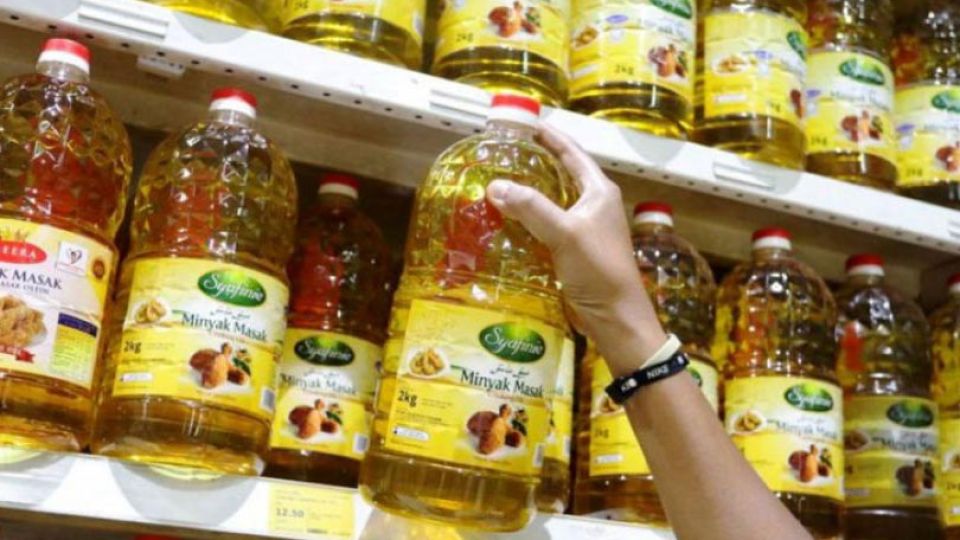Taking advantage of the situation, some shops were selling one-litre bottled soybean oil for Tk180-190 and two-litre for Tk 355-360.
Three-litre and five-litre bottled oil was not available in the markets.
Non-bottled soybean oil was sold for Tk 180-182 per litre in wholesale markets and Tk 190-200in retail markets yesterday.
Palm oil, on the other hand, was sold for Tk 165-168 per litre at the wholesale markets and for Tk 170-175 at the retail markets in Chattogram and Bagerhat.
Traders said retail prices of edible oil have gone up by Tk 10-15 per litre overnight.
“Most of the shops in Kazir Dewri do not have edible oil. I was lucky to buy a two-litre soybean oil bottle for Tk 350 today [yesterday], up by Tk 30 from two days ago.” said Abul Hossain, a resident of Kazir Dewri bazar area of the port city.
In the capital, this newspaper could not find soybean oil at the Shewrapara bus stop kitchen market, Kazipara bus stop kitchen market and Mirpur-1 kitchen market yesterday.
Mohammad Gofran, owner of Comilla General Store at Karwan Bazar kitchen market, said, “I have been doing businesses in this market for 20 years, but have never seen an edible oil crisis like this one ahead ofEid.”
In Bagerhat, consumers were paying an additional Tk 10-15 for each litre of non-bottled soybean oil.
Visiting several shops, including those at the main market in the district town, The Daily Star found that most of them did not have bottled soybean oil.
Those having bottled soybean oil were charging customers Tk 185 per litre against the retail price of Tk 170.
Besides, consumers were forced to buy loose soybean oil for Tk 190 to Tk 200 a litre.
Earlier, commerce ministry Additional Secretary AHM Safiquzzaman had termed the edible oil crisis in the local market artificial.
Speaking to The Daily Star on Tuesday, he said the country still has edible oil reserves to meet the demand for at least the next one and a half months.
According to the National Board of Revenue (NBR), about 8.5 lakh tonnes of palm oil and 4.06 lakh tonnes of soybean oil have been imported in the first three and a half months of this year.
Traders alleged that the refiner companies and dealers manipulated the supply of the essential product.
However, Biswajit Saha, director for corporate and regulatory affairs at City Group, denied the allegation.
“The supply of goods from the mills is normal, but it is not reaching the market properly.”
He said the prices of the product were going up in the international market and the supply would also be less than before.
“Traders know that if they can reduce oil sales for a few days, they will get at least Tk 10-15 more per litre as the government has announced that the price will be re-fixed after Eid,” said Saha.
Our Bagerhat correspondent also contributed to this report.


